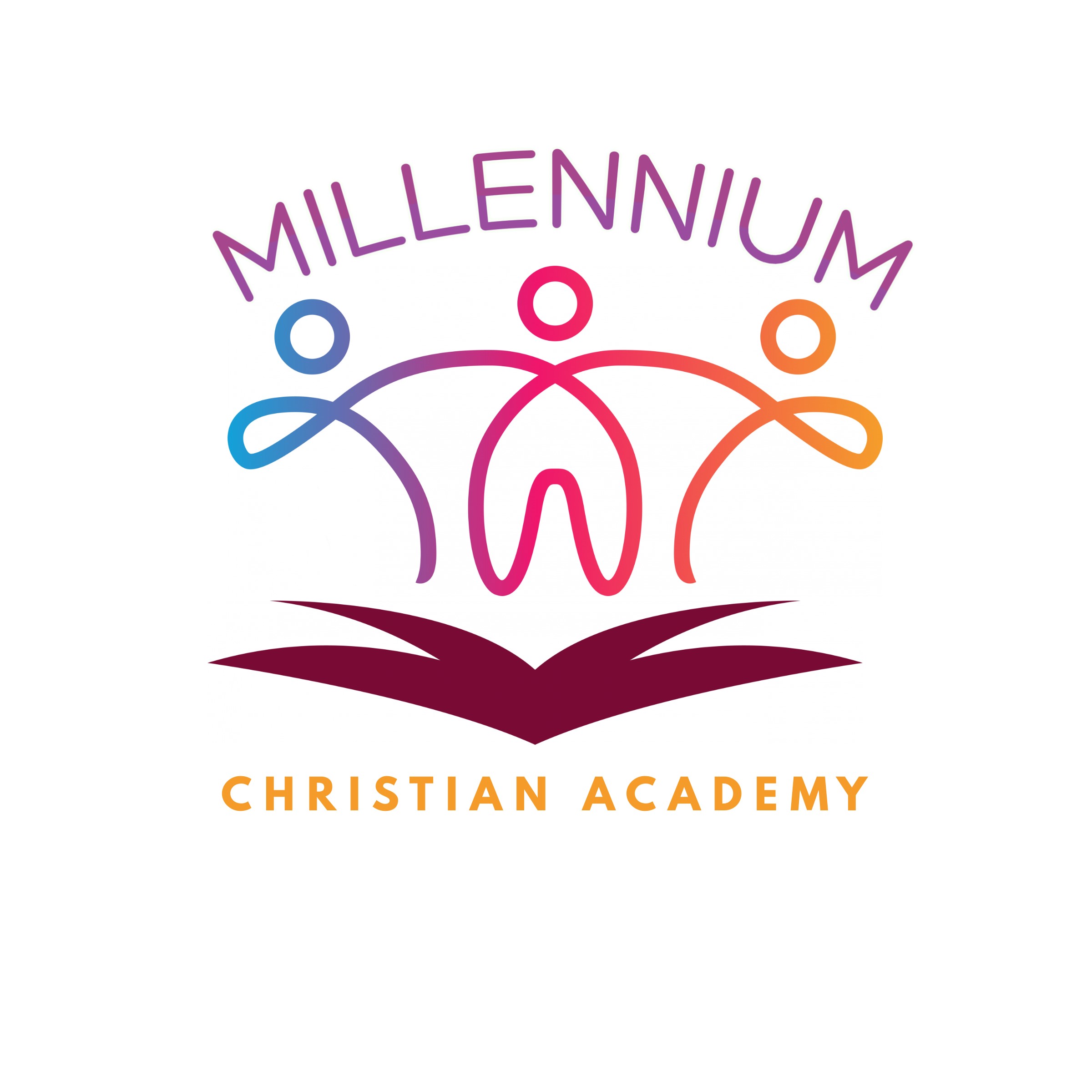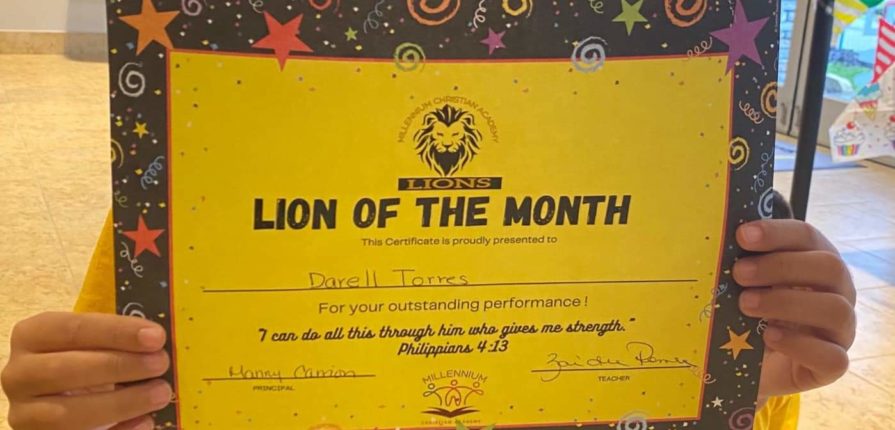Education is the process of facilitating learning. Knowledge, skills, values, beliefs, and habits of a group of people are transferred to other people, through storytelling, discussion, teaching, training, or research. Education frequently takes place under the guidance of educators, but learners may also educate themselves in a process called autodidactic learning. Any experience that has a formative effect on the way one thinks, feels, or acts may be considered educational.
Character training through traditional teaching methods and curriculums
A teacher who is faithfully teaching by the traditional methods of lecture, reading, memorization, drill, recitation, and oral and written examination will be doing much to build habits of good character. A school that emphasizes respect for authority trains the student to hearken wisely unto counsel (Proverbs 12:15) so that in time he may be a just authority for future generations. A curriculum that teaches the traditional subject matter of language (correct reading, writing, and speaking), content (Bible, history, literature, science, and mathematics), and biblical character training strengthens and enriches the child’s character through every word, every thought, every example, as the child learns that all truth is God’s truth and that for the Christian there is no difference between the secular and the sacred. (To see how character is taught in every subject throughout the day in the Abeka curriculums and texts, see chart below.)
Traditional teaching methods, Biblical discipline, excellence of content—all work together in the Christian school to produce students with outstanding character.
Education is commonly and formally divided into stages such as preschool, primary school, secondary school and then college, university or apprenticeship. The methodology of teaching is called pedagogy.
Character training through Bible teaching
The most important area of the curriculum for character development is, of course, actual study of the Bible itself. It cannot be stressed enough that Bible study is the main means of building character —not the study of some man’s distillation of the Scriptures by means of notebooks, workbooks, or systematic theology—but a study of the Bible itself in the way that God wrote it. Such study should begin in the lower grades with the concrete stories of the Old and New Testaments. In high school it should gradually progress to the somewhat more abstract statements in the New Testament epistles and the wisdom books. Doctrines should also be taught at appropriate times.
The teacher should clearly teach the students that it is not enough to merely hear the Bible taught in school and in church, but that it is their privilege and responsibility to read the Scriptures for themselves that God may speak directly to them through His Word. Indeed, the principle of each person reading the Bible for himself is the core, the essence, the key to individual liberty, responsibility, and character.
We are Educators…
Teaching character through reading
The following guidelines were used for the selection of the stories in the Abeka readers:
- They must be good literature. Literature is a way to understand people better and broaden one’s life. The best readers are not those written to order by two or three modern educators, but those that draw from the vast storehouse of the best literature of the ages. God says, “Whatsoever things are true…honest…just…pure…lovely…of good report…think on these things” (Phil. 4:8).
- They must develop character-building themes in a natural, nonpreachy way. Children are developing their character now. They need to see in the lives of great men and in the lives of children like themselves the great virtues of Christian character lived out. We need to give them, through books as well as through our lives and words, ideals to reach for and examples to follow.
- They must be true biblical principles. “The Bible spells out precepts, the teaching of God’s plan for man. It also tells us about real people—their faith, their sins, their courage, their disbelief—and we see the fruit of each in what follows in their lives. Good books fulfill our human need for adventure and wider experience, but they also provide support for the kind of character development of which the Scriptures teach!” —Gladys Hunt, Honey for a Child’s Heart


Recent Comments